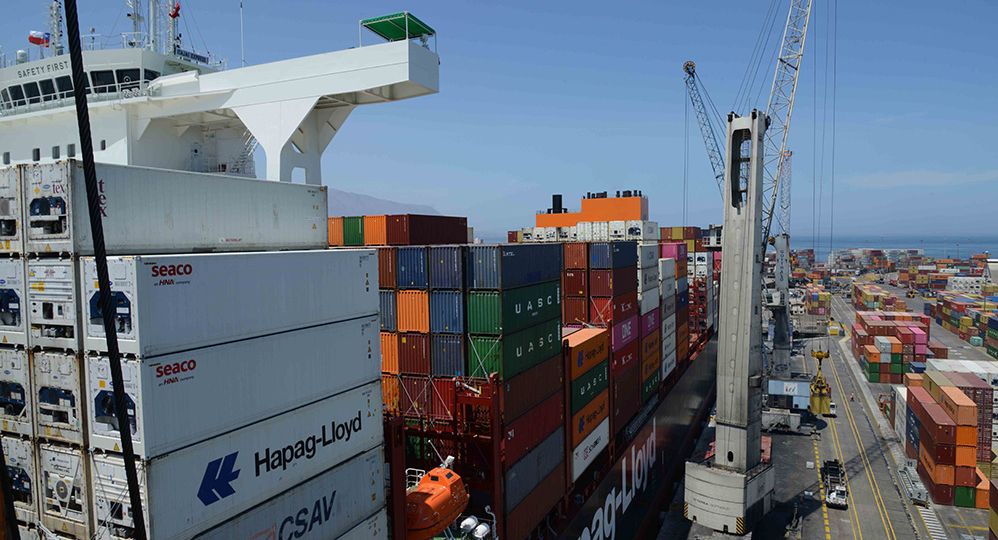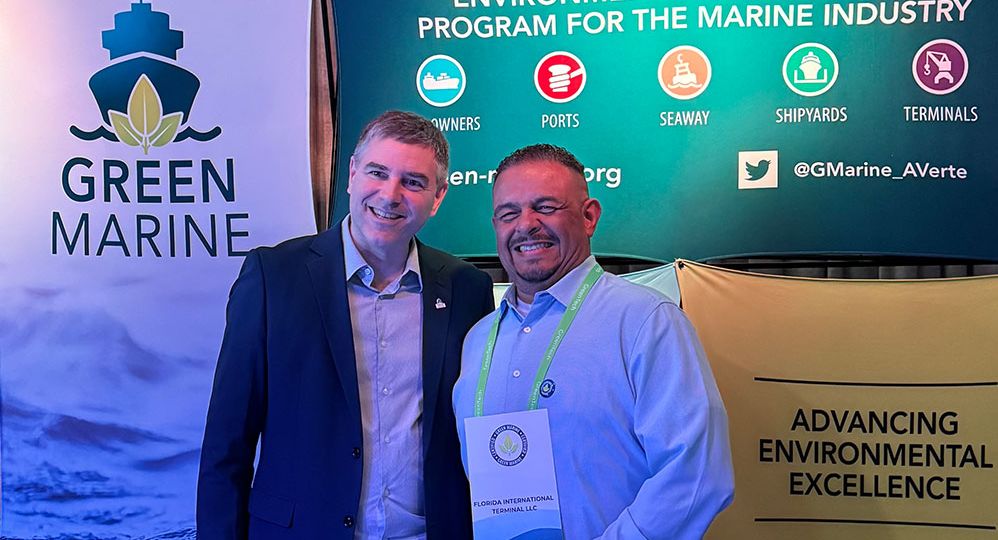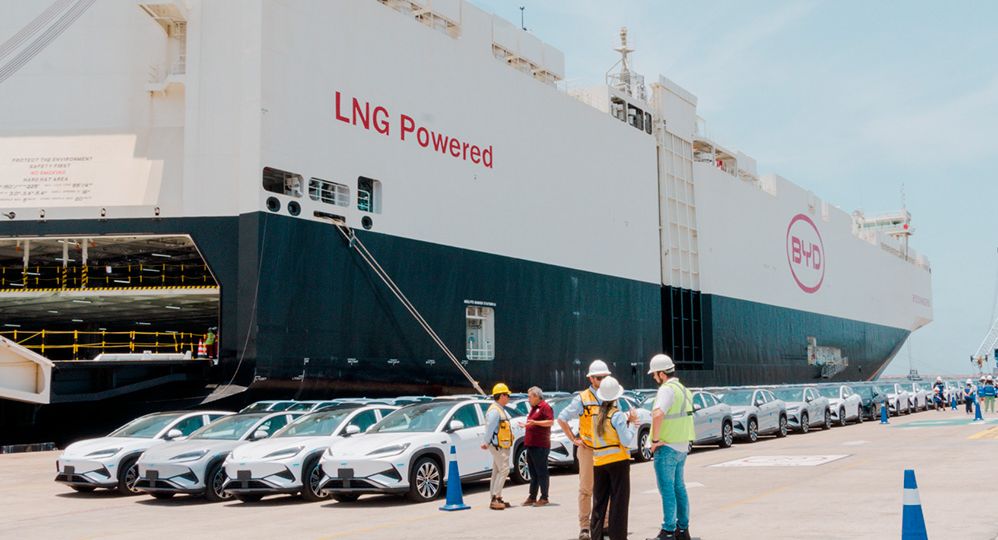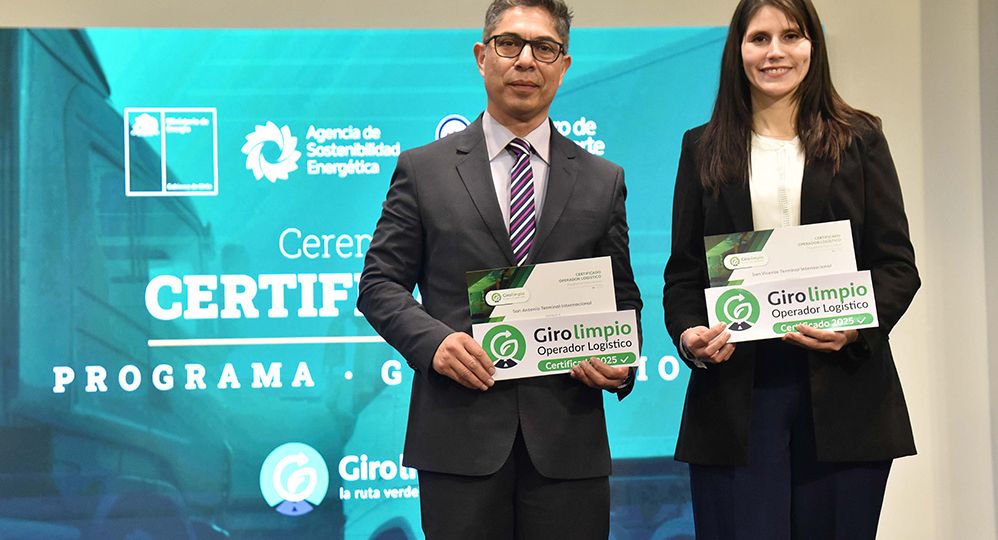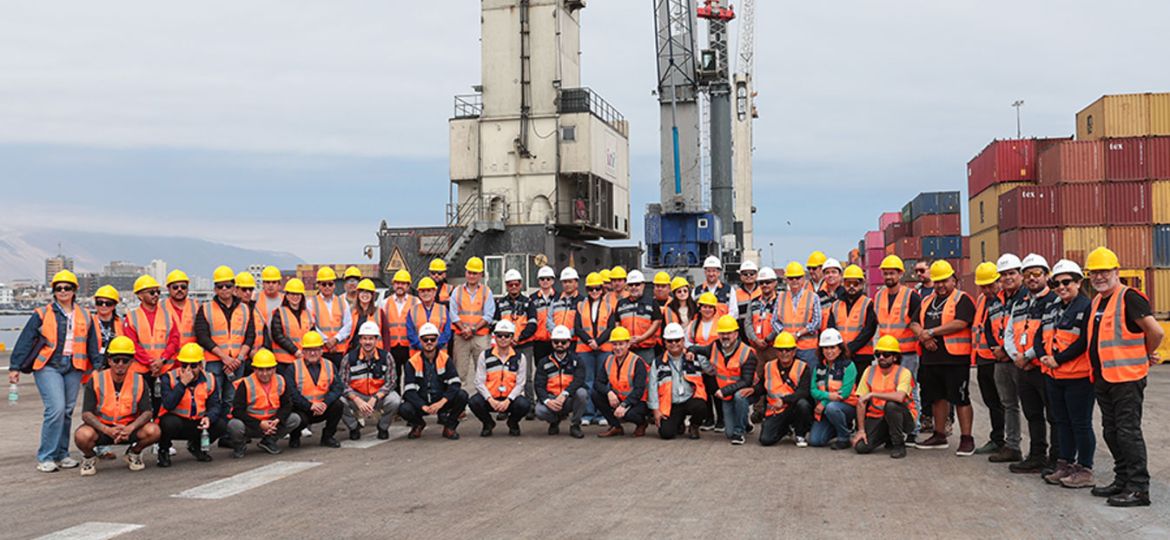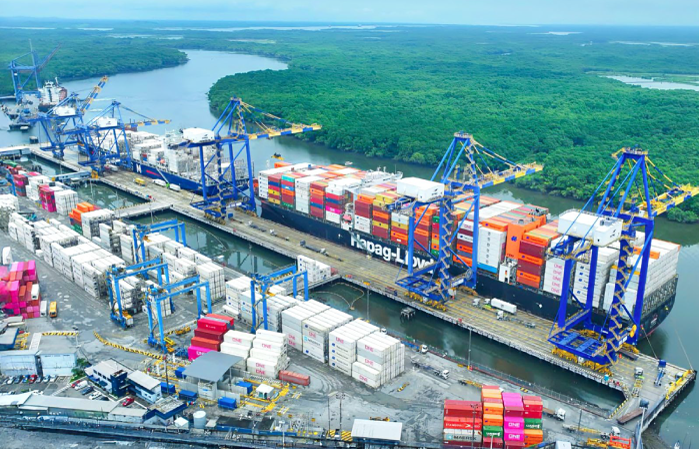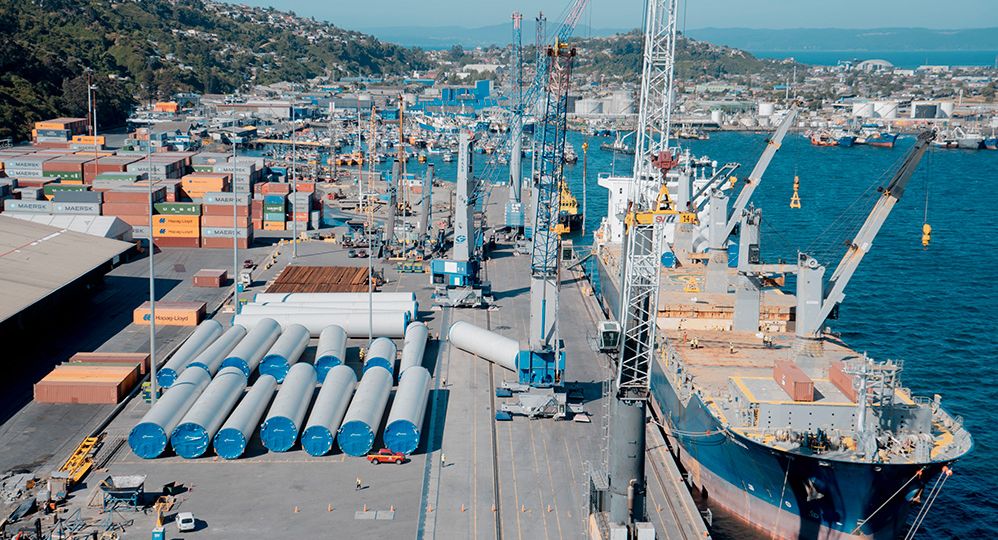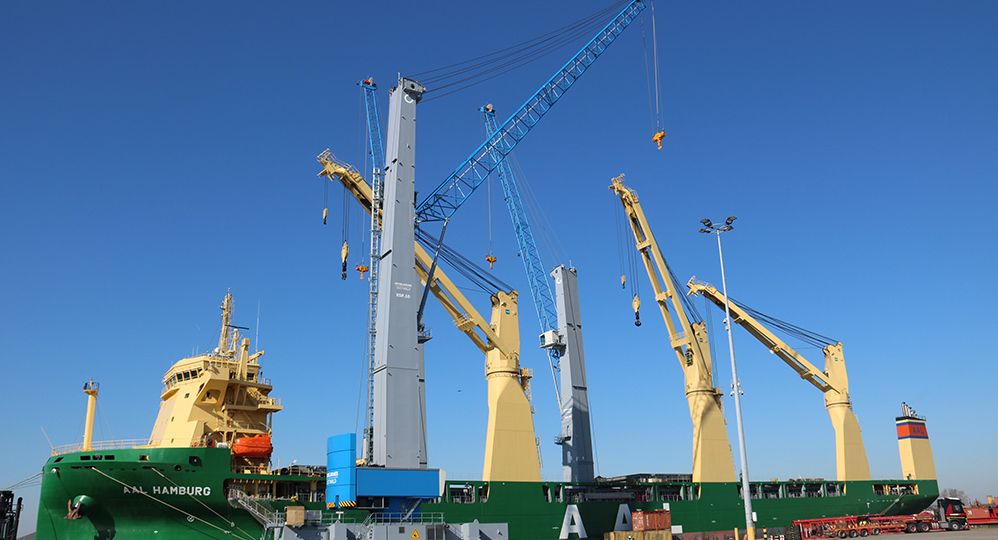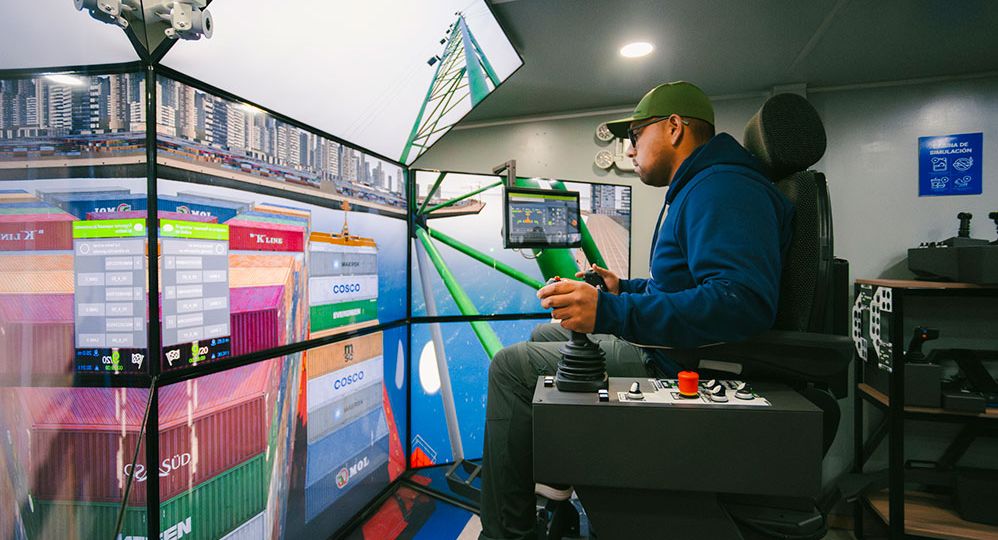Change of the SAAM Terminals and part of its portfolio brand to Hanseatic Global Terminals by 01 August 2025.
Florida International Terminal (FIT), a port terminal controlled by SAAM Terminals, has achieved Level 1 certification under the Green Marine program, thanks to the progress made throughout 2024.
The Terminal Marítima de Mazatlán (Tmaz), a port controlled by SAAM Terminals, added a new milestone by becoming the first port in Mexico to receive a vessel of the global electric vehicle brand BYD.
The San Antonio and San Vicente terminals, operated jointly by SAAM Terminals and SSA Marine, have been recognized for their active role in promoting sustainable logistics, specifically for encouraging efficient practices such as idling control in tractor-trailers.
SAAM Terminals was very pleased with the fourth edition of the Port Gathering, held in the city of Iquique.
The activity brings together the multipurpose terminals operated by the company in Chile and will take place for the first time in Iquique.
Terminal Portuario de Guayaquil (TPG) reached an important environmental milestone.
The new equipment, with a reach of 61 meters, is part of the terminal’s investment plan in the Biobío Region.
The arrival of the Gottwald ESP. 10, the largest to operate in Chile, is scheduled for the end of this week and will enable the terminal to handle larger vessels.
The equipment will help train and retrain operators at the Biobío Region terminal with a high-tech virtual reality system. Thanks to its mobile structure, the system can be used in the future at other company terminals.


